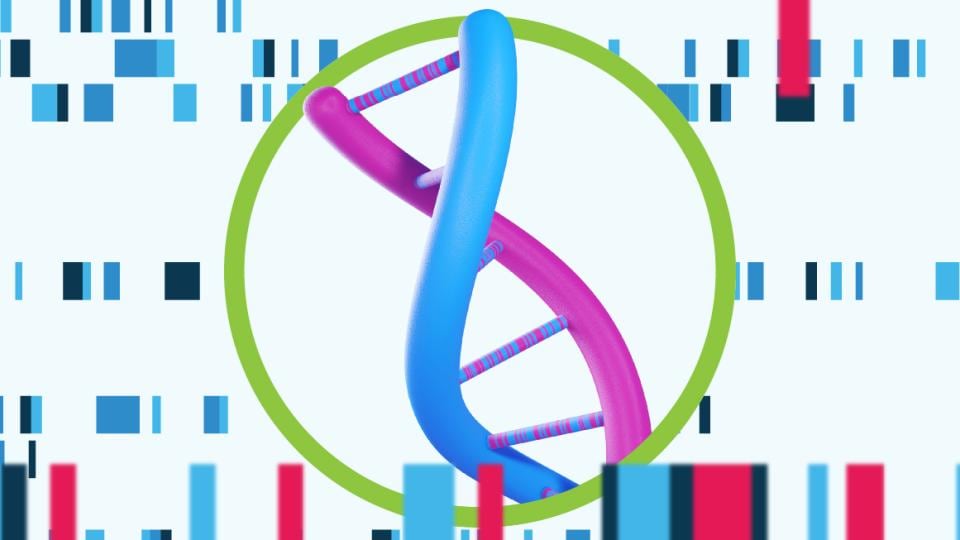100 Million Women by 2030 – Choice for Every One of Them

Every woman and girl deserves the chance to determine her own future. For this reason we have dedicated ourselves to a clear goal: providing access to contraception for 100 million women in low- and-middle income countries by 2030.
Women want to decide for themselves whether and when to get pregnant, based on what is right for them and their families. This has been a fundamental human right for more than half a century and something a lot of us take for granted.
Yet, according to data from the United Nations, the need for modern methods of contraception is largely unmet for more than 200 million women in low and middle-income countries. All in all, the demand for modern contraceptives will continue to rise as populations in these countries grow and the next generation of young women is increasingly unwilling to miss out on the benefits of voluntary family planning. And for every one of them, access to modern contraceptive methods should be made possible.

Making Sure There Is Choice for Every One Of Them
“We know from the data: when women can plan and space their pregnancies, they are better able to raise healthier families and continue to make an economic contribution,” says Frank Strelow, Head of Sustainability, Bayer Pharmaceuticals. Over time, this all adds up to stronger communities and stronger countries. According to the Copenhagen Consensus for every $1 spent on family planning, the return on investment is $120.
More importantly, expanding access to family planning would save the lives of 100,000 mothers and prevent 600,000 children from dying every year by preventing unintended pregnancies, reducing the number of unsafe abortions, and lowering the incidence of death related to complications of pregnancy and childbirth.
For all of these reasons, Bayer has set the goal to provide 100 million women in low- and middle-income countries with access to family planning by 2030. By doing so, we want to improve women’s health, rights and economic status – a large step towards increasing gender equality.
With this goal in mind, Bayer is determined to step up our efforts significantly. Bayer has been supporting family-planning programs for over 50 years now, to date in more than 130 countries, providing access to a broad range of modern contraception options like oral contraceptives, injections, intrauterine devices IUDs and implants. We will expand our offering of long-acting products that are in especially high demand in international development projects and increase our production capacity for implants by 30 percent. Where we sell products to donor-dependent markets, we reinvest any profits into awareness programs and training.

Along with the Bill & Melinda Gates Foundation and other donors, Bayer also funds “The Challenge Initiative” (TCI). This initiative provides women and girls living in urban poverty in cities in Africa and Asia with family planning services by enabling local governments to scale up high impact family planning solutions and to empower cities towards implementation, monitoring, adaptation and finally self-reliance. “Investing in TCI is a groundbreaking opportunity to have a dramatic impact in under-served urban communities by empowering women,” says Claus Runge, Head of Market Access, Public Affairs & Sustainability (MAPAS). Further collaborations are planned to support capacity building for voluntary family planning. We pledge support for participating partners irrespective of the products used.
While access, availability and affordability are crucial, providing the knowledge of the possibilities and benefits of active family planning is vital for a sustained long-term change. Bayer is working with White Ribbon Alliance to offer sexual health education and promotes better self-care to young women around the world.
Our actions over the next years will be essential in determining our success in achieving the Sustainable Development Goals by 2030, but our determination and dedication to these fundamental human rights drive us every day.

Family planning and the UN Sustainable Development Goals
With our commitment to sustainability Bayer contributes to the Sustainable Development Goals (SDGs) of the United Nations. These goals are to be achieved by 2030.
Many of the 17 SDGs and 169 targets of the 2030 Agenda are related to women’s and girl’s empowerment, gender equality and health. While family planning is important to attain most of the goals, specific references to family planning are included in Goal 3 (“ensure universal access to sexual and reproductive health-care services, including for family planning, information and education, and the integration of reproductive health into national strategies and programmes”) and in Goal 5 on promoting gender equality and the empowerment of women and girls.























